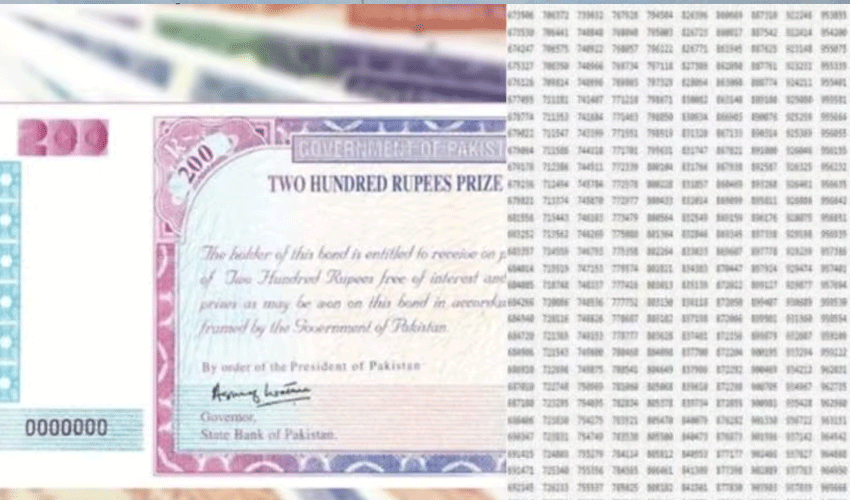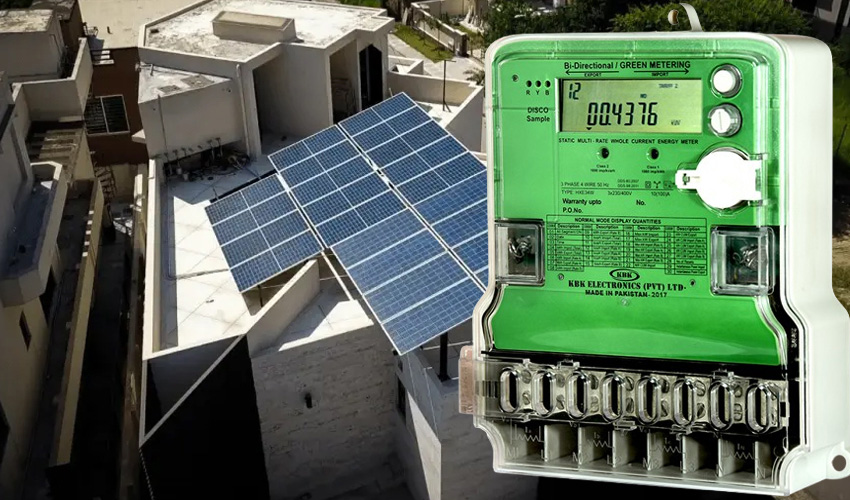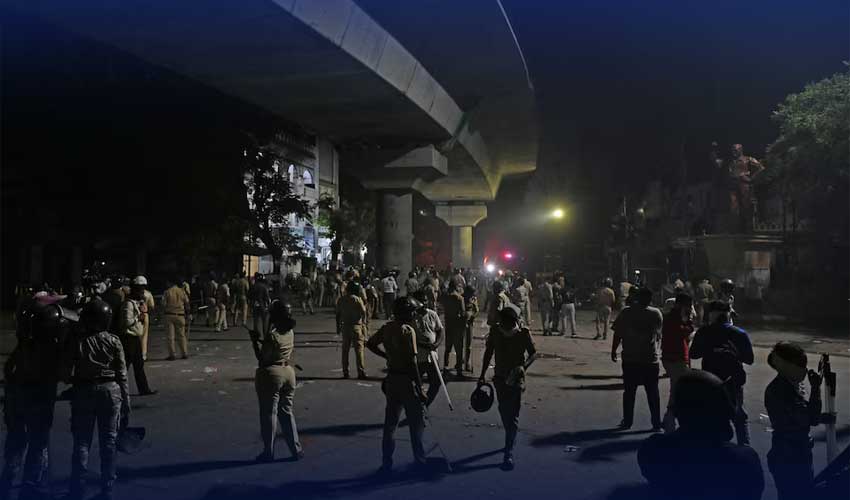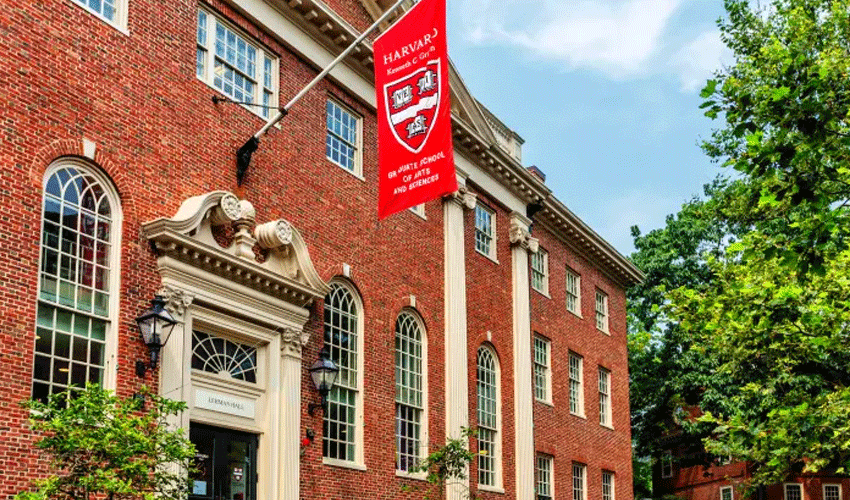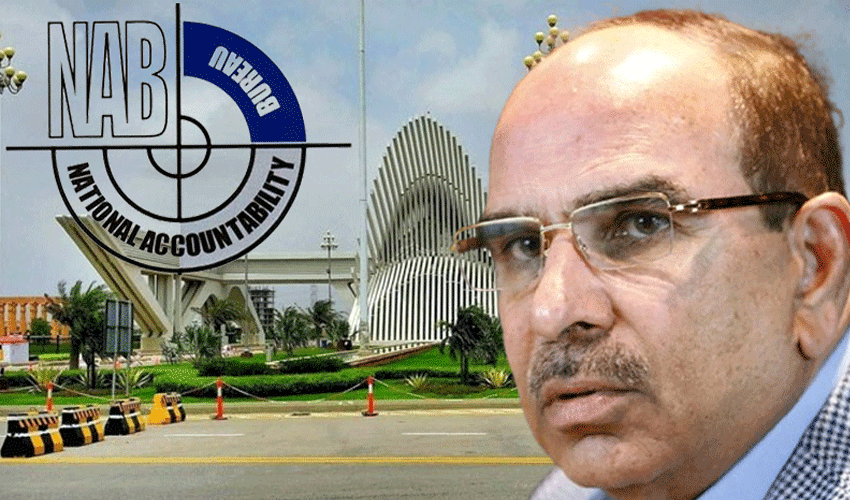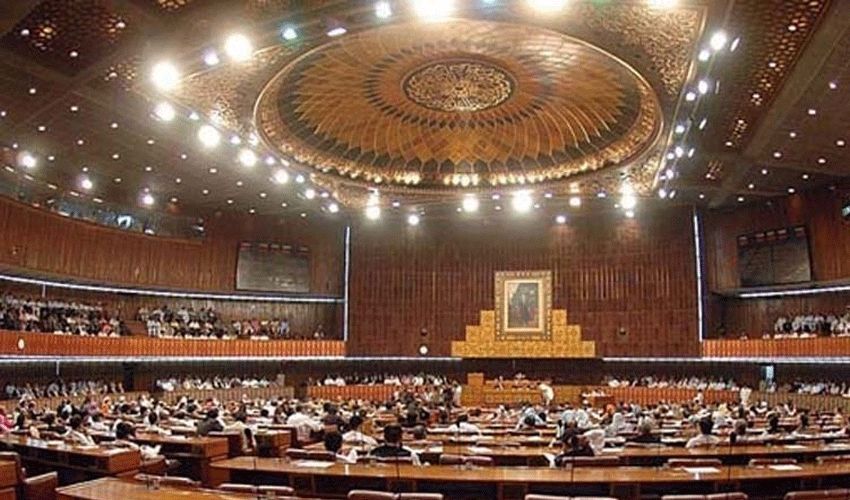The Maldives has signalled a significant shift in its foreign policy, breaking away from its traditional ties with India.
The newly elected President, Muhammad Muizhu, has taken a firm stand against what he perceives as unwarranted interference in the internal affairs of his country by the Indian government.
Muhammad Muizhu, who assumed office recently, has broken with tradition by choosing Turkey for his first official visit, signaling a departure from the longstanding norm of prioritizing relations with India.
This move comes amidst strained ties between the two nations, with Muizhu openly expressing his discontent with what he describes as the Modi government's interventionist approach.
One of the key actions taken by Muizhu is the order for all Indian troops stationed in the Maldives to return to their home country.
He argued that the presence of foreign troops without parliamentary approval is unconstitutional and goes against international values. The President underscored that such deployments pose a threat to the stability of the Maldives.
Muhammad Muizhu did not mince words when warning India against meddling in the internal affairs of the Maldives.
In a categorical statement, he emphasized the need for autonomy and sovereignty, sending a clear message of open rebellion and direct targeting to India. This warning has been widely reported by international media, including Al Jazeera and Times of India.
The move by Muizhu to diversify and reorganize Maldives' foreign policy, putting aside its historical relations with India, has left many questioning the future trajectory of diplomatic ties in the region.
The Indian dream of exerting influence and capturing resources in the Maldives appears to have hit a roadblock, marking a significant shift in the geopolitical landscape of the Indian Ocean region.







